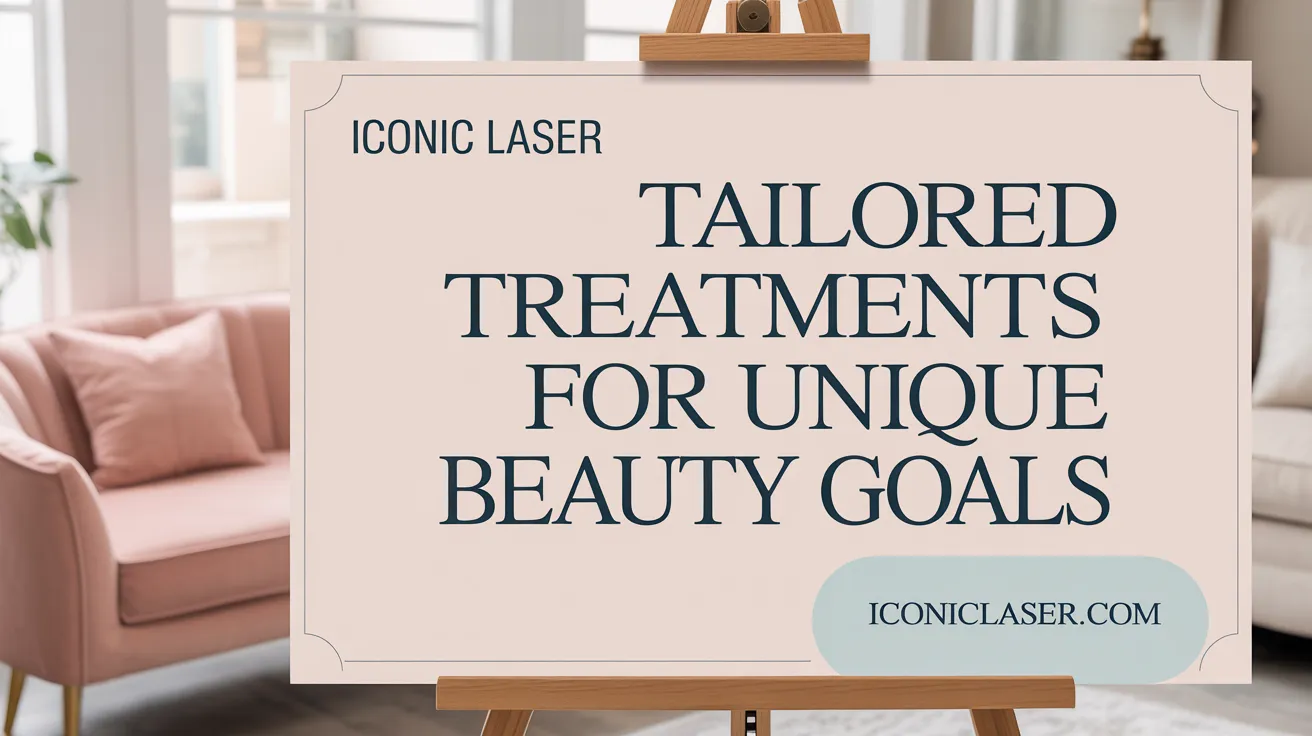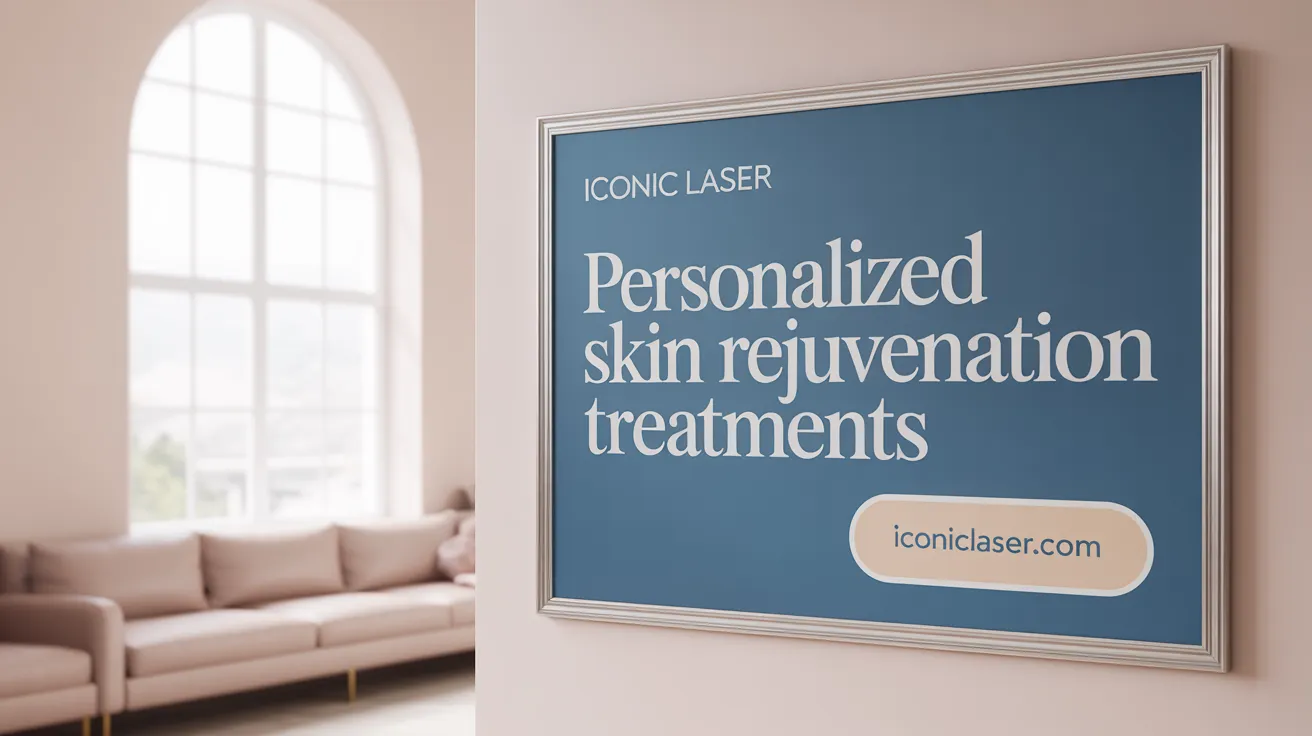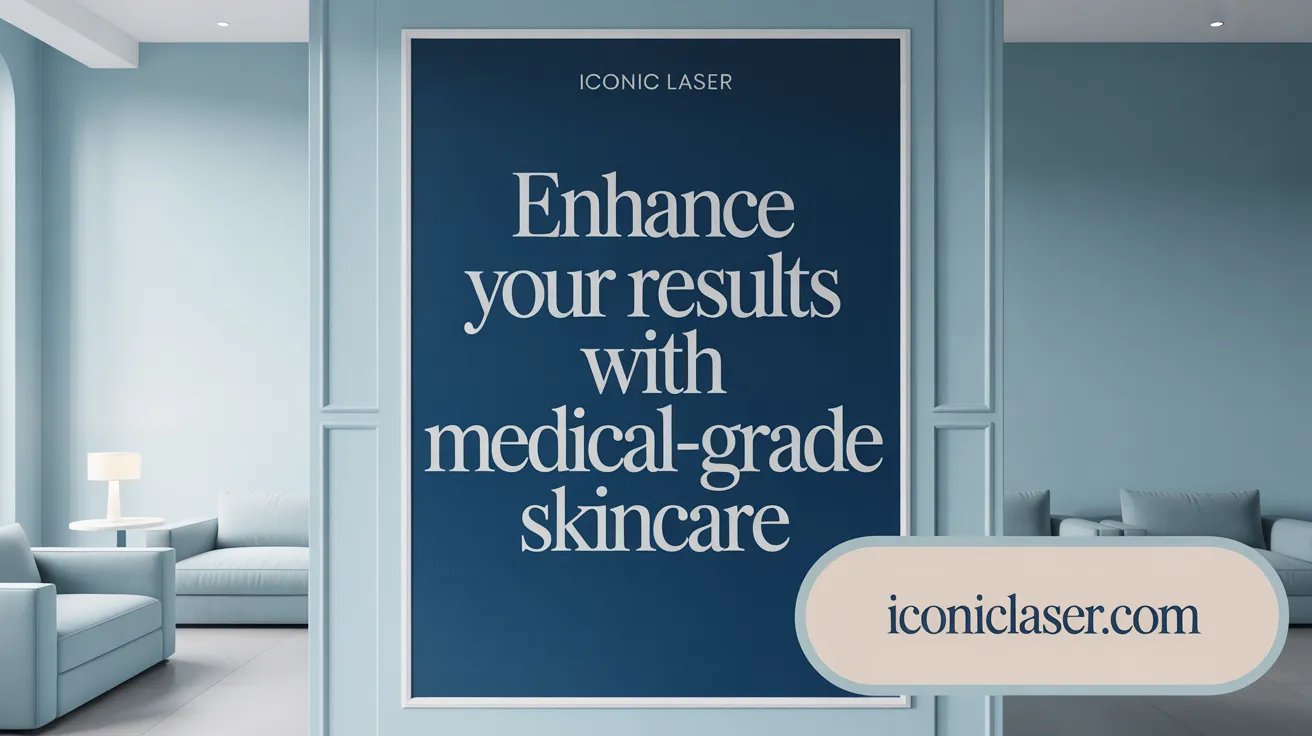Introduction to Personalized Aesthetic Care and Skin Wellness
Definition and Significance of Personalized Aesthetic Care
Personalized aesthetic care involves treatments specifically tailored to meet individual skin types, concerns, and aesthetic goals. This customization ensures more effective and satisfying results, enhancing natural beauty while promoting confidence and self-esteem. Common personalized treatments include facials, chemical peels, Botox, and fillers.
Connection Between Aesthetic Care and Overall Skin Wellness
Beyond cosmetic improvement, personalized aesthetic care supports overall skin health and wellness. Combining treatments with lifestyle changes like nutrition and stress management fosters long-lasting skin vitality and general well-being.
Overview of Treatment Customization and Holistic Approaches
Advanced tools such as AI and skin analysis help practitioners customize treatment plans precisely. Holistic approaches integrate medical treatments with proper skincare routines and wellness practices to achieve natural, healthy, and youthful skin. This comprehensive strategy maximizes benefits and supports sustained skin health.
Understanding Personalized Aesthetic Care: Tailoring Treatments to Individual Needs

What is personalized aesthetic care and why is it important?
Personalized aesthetic care refers to customizing treatments such as tailored skincare regimens, chemical peels, Botox, and fillers, including dermal fillers and hyaluronic acid to fit an individual's unique skin type, concerns, and aesthetic goals. This tailored approach improves treatment effectiveness by addressing specific issues like wrinkles, pigmentation, or acne scars according to the patient's characteristics. It also shortens the time needed to see results and enhances patient satisfaction compared to generic treatments. Moreover, personalization helps reduce risks by avoiding unnecessary or unsuitable procedures (minimizing treatment risks).
Factors influencing personalization: skin type, concerns, age, and goals
To create a personalized plan, key factors are considered, including:
- Skin type: oily, dry, sensitive, or combination skin influence treatment choice (skin type considerations.
- Specific concerns: wrinkles, scars, pigmentation, acne, or volume loss require targeted approaches (treating wrinkles and pigmentation.
- Age: skin aging dynamics affect collagen and elastin levels, guiding interventions (age and aesthetic goals.
- Aesthetic goals: desired outcomes such as natural rejuvenation or more dramatic changes shape the plan (aesthetic goals.
These factors ensure the treatment addresses not only immediate aesthetic concerns but also supports long-term skin health (holistic aesthetic approach).
How are personalized treatment plans designed and implemented?
The process begins with a comprehensive initial evaluation by a qualified specialist who assesses skin condition, discusses expectations, and reviews medical history (comprehensive initial evaluation. This forms the foundation for designing a customized treatment strategy. The plan typically involves:
- Detailed consultation and diagnosis (consultation and diagnosis process
- Selection of appropriate treatments based on individual needs (selection of treatments, which may include microneedling for collagen production, dermal fillers and hyaluronic acid, or chemical peels treatments
- Scheduling treatments and integrating skincare regimens (ongoing review and treatment adjustment
- Ongoing review and adjustment to optimize results (patient role in treatment success
Active patient involvement, including following care recommendations and attending follow-ups, is essential for success (importance of follow-up visits. This collaborative process ensures treatments remain aligned with evolving goals and skin responses, maximizing safety and satisfaction (ensuring safety in aesthetic care.
Technological Advances Enabling Precision in Skin Wellness

How do technological advancements improve personalized aesthetic care?
Technological advancements have revolutionized personalized aesthetic care by enabling highly precise and tailored treatment solutions. AI-powered skin analysis tools can accurately assess various skin conditions such as wrinkles, pigmentation, acne, and texture irregularities. These tools analyze individual skin data comprehensively, allowing practitioners to design treatment plans that align closely with patients' unique skin types and concerns.
Augmented reality (AR) further enhances the personalization process by allowing clients to visualize potential treatment outcomes in real time. This immersive experience fosters clearer communication between clients and specialists, setting realistic expectations and increasing confidence in the chosen aesthetic procedures.
Together, AI and AR contribute significantly to improving treatment accuracy, reducing the risk of ineffective or unsuitable procedures. They boost client confidence by providing transparent insights and empowering collaborative decision-making. These technological innovations ensure that aesthetic care is not only more effective but also safer, encouraging a positive and satisfying treatment journey tailored to individual needs.
Holistic Approaches: Integrating Lifestyle and Medical Aesthetics for Lasting Skin Health

What role does a holistic approach play in personalized aesthetic care?
A holistic approach combines medical aesthetic treatments with lifestyle changes to maximize skin health and beauty. This includes tailored skincare regimens, procedures like chemical peels treatments, or Botox and fillers, alongside nutrition for skin health and wellness practices.
Combining physical treatments with nutrition and wellness practices
Incorporating balanced nutrition rich in antioxidants and vitamins supports skin repair and collagen production. Wellness routines such as regular exercise and hydration contribute to overall skin vitality. Together with medical treatments, these factors enhance and prolong the benefits of Personalized aesthetic care.
Stress management and its role in skin wellness
Chronic stress can accelerate skin aging and exacerbate conditions like acne or inflammation. Integrating stress reduction techniques such as mindfulness, meditation, and adequate sleep fosters healthier skin by reducing cortisol levels and improving healing capacity.
Benefits of a comprehensive approach on long-term results and overall well-being
A comprehensive, personalized strategy ensures treatments are more effective and outcomes more durable. Holistic aesthetic approach not only improves skin appearance but also boosts confidence and supports emotional well-being, promoting a healthy, vibrant complexion over time.
Key Treatments in Personalized Skin Rejuvenation and Resurfacing

What are the main types of personalized skin rejuvenation treatments?
Personalized skin rejuvenation treatments are designed to address individual skin concerns such as wrinkles, pigmentation, acne scars, and loss of skin firmness. Common procedures include:
- Laser and IPL Treatments: These use targeted light energy to improve pigmentation, texture, and stimulate collagen growth. Options range from ablative lasers, which remove outer skin layers, to non-ablative lasers that promote healing deeper in the skin with less downtime. For more about laser resurfacing overview and technology, see the detailed guide.
- Chemical Peels: Applying chemical solutions to peel away damaged skin layers, chemical peels vary from light to deep, improving uneven tone, wrinkles, and scars. Learn more about their advantages and effects in professional skincare and chemical peels and skin resurfacing treatments overview.
- Microdermabrasion and Dermabrasion: Mechanical exfoliation techniques to smooth skin surface; microdermabrasion is gentler and suitable for all skin types, while dermabrasion is more intensive.
- Microneedling for collagen production: Creates small skin injuries to promote natural collagen and elastin production, commonly addressing acne scars and fine lines. Further information on how microneedling works and advanced methods like Fractora RF microneedling is also available.
- Dermal Fillers and hyaluronic acid: Dermal fillers restore volume and contour using substances like hyaluronic acid, while Botox relaxes muscles to reduce dynamic wrinkles. Compare different fillers like Juvederm and Restylane and learn about injectable options.
All treatment choices are influenced by a thorough evaluation of skin type, age, and specific concerns to tailor the most effective and safe plan for each individual. For more on personalized aesthetic treatments, see detailed assessments and plans.
Why is practitioner expertise crucial in aesthetic treatments?
The safety and success of personalized aesthetic treatments greatly depend on the qualifications and experience of the practitioner. Skilled professionals with proper credentials ensure:
- Accurate Diagnosis and Tailored Recommendations: They perform comprehensive assessments to create treatment plans addressing unique skin characteristics and goals.
- Minimized Risks and Complications: Expertise in technique and treatment selection reduces adverse effects such as inflammation, pigmentation changes, or scarring. This is fundamental in ensuring safety in aesthetic care.
- Optimal Outcomes: Experienced providers monitor progress, adjust plans as needed, and guide patients on proper post-treatment care.
Choosing a board-certified cosmetic surgeon, dermatologist, or trained aesthetic specialist is essential for maximizing treatment benefits while maintaining skin health and patient confidence. For further insights on practitioner credentials and experience, see recommended professional criteria.
The Role of Medical-Grade Skincare in Enhancing Treatment Outcomes

How does medical-grade skincare support personalized aesthetic care?
Medical-grade skincare is essential in supporting personalized aesthetic care by targeting specific skin conditions such as dryness, pigmentation, or acne. These products—cleansers, serums, moisturizers, and sunscreens—are formulated to promote skin health and improve texture, which complements and enhances the results of professional aesthetic skin care treatments.
Use of clinical skincare products like cleansers, serums, and sunscreens
Integrating clinical skincare products into daily regimens helps maintain the skin's youthful appearance and health, offering medical-grade skincare advantages. Cleansers remove impurities without stripping moisture, serums deliver concentrated active ingredients to address concerns like aging or pigmentation, and sunscreens protect against UV damage, crucial for preserving treatment results.
Post-treatment skincare for healing and maintaining results
After professional aesthetic procedures, post-treatment skincare plays a vital role in accelerating healing and extending results. Recommended products support recovery by soothing the skin, reducing inflammation, and reinforcing the skin barrier. Consistent use of these products ensures durability of the benefits achieved, aligning with a holistic skincare aesthetics approach.
Professional skincare treatments complementing medical aesthetics
Professional treatments such as chemical peels treatments, microdermabrasion, and microneedling for collagen production serve as important adjuncts to medical aesthetics. These procedures improve skin texture and promote collagen production, making the skin more receptive to other treatments and enhancing overall outcomes, as detailed in effective skin rejuvenation treatments.
By embracing a holistic aesthetic approach that combines medical-grade topical care with professional procedures and post-treatment maintenance, patients achieve natural, healthy, and long-lasting skin improvements.
Building Confidence and Well-being Through Personalized Aesthetic Care
How does personalized aesthetic care affect confidence and emotional health?
Personalized aesthetic care plays a transformative role in boosting confidence and emotional well-being by addressing each individual’s unique skin concerns. Tailored treatments enhance natural appearance, helping clients feel more comfortable and authentic in their own skin.
Psychological benefits of addressing individual skin concerns
When treatments target specific issues like wrinkles, pigmentation, or scarring, they not only improve the skin's look but also alleviate emotional distress related to those concerns. This individualized approach helps reduce feelings of self-consciousness and promotes a positive relationship with one's appearance.
Impact on self-esteem and social engagement
Boosted confidence from successful aesthetic care enhances self-esteem, motivating individuals to engage more fully in social and professional settings. Personalized treatments encourage ongoing self-care, which extends benefits beyond appearance to overall well-being.
Emphasis on authenticity and individuality in beauty
Modern personalized aesthetic care prioritizes authenticity, emphasizing that beauty is unique to each person. By customizing treatments based on personal goals and skin characteristics, this approach supports embracing individual uniqueness rather than conforming to generic standards.
